Laxton, Nottinghamshire: The 21st century village still using a medieval farming system
Open field strip farming has almost entirely disappeared from Britain in the past 1,000 years — though there is one great exception: Laxton.
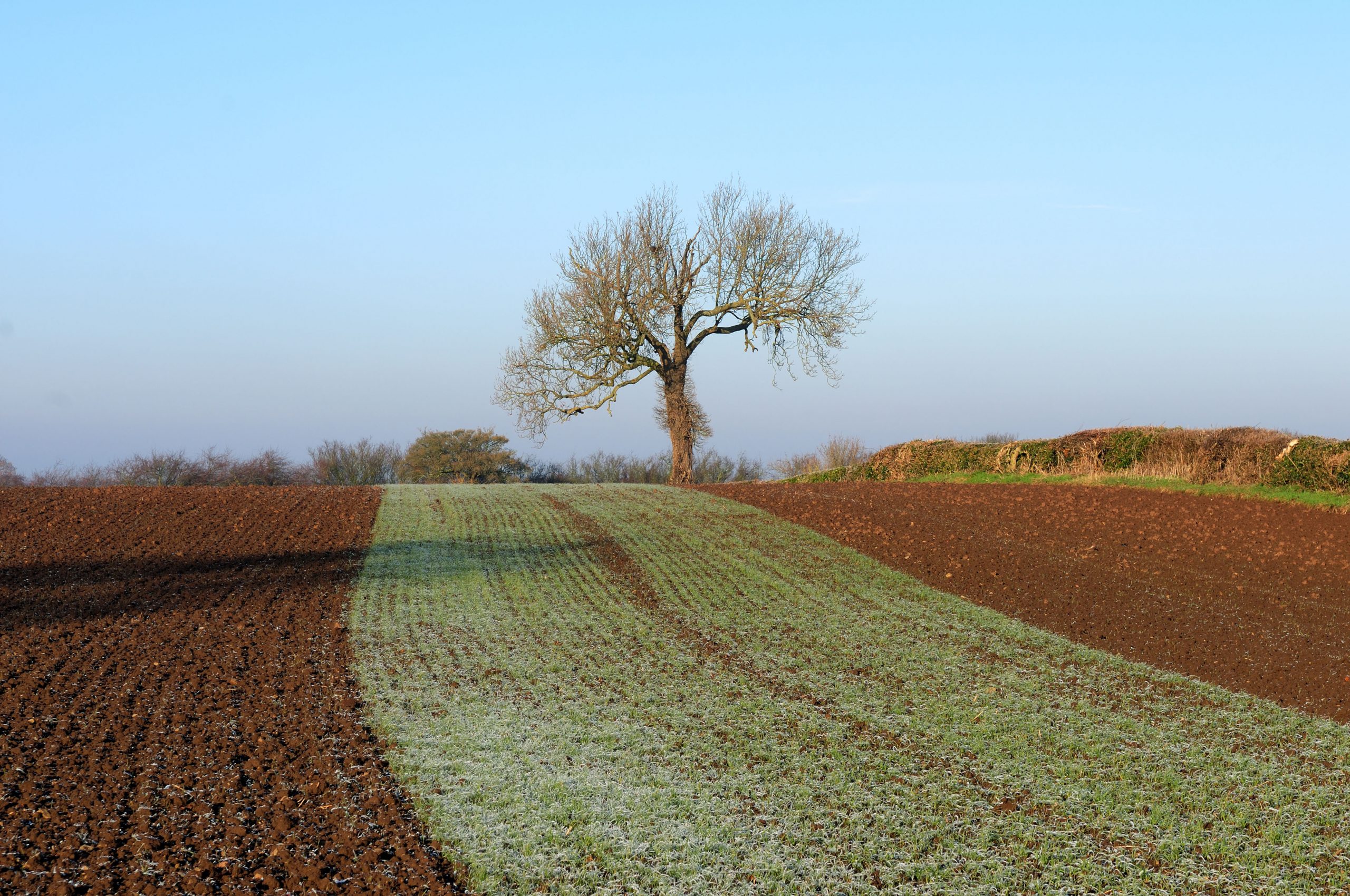
Exquisite houses, the beauty of Nature, and how to get the most from your life, straight to your inbox.
You are now subscribed
Your newsletter sign-up was successful
In 1635, a surveyor called Mark Pierce was employed to map the farmland around Laxton, which he did in four sheets, now in the Bodleian Library, Oxford. Each shows one of the enormous open fields around the village, between them divided in 2,280 strips of land.
Open-field farming, with land divided into small parcels between villagers, who were forced to farm in co-operation, was still practised much as it had been in the Middle Ages. Extraordinarily, the system survives to this day, but only in Laxton.
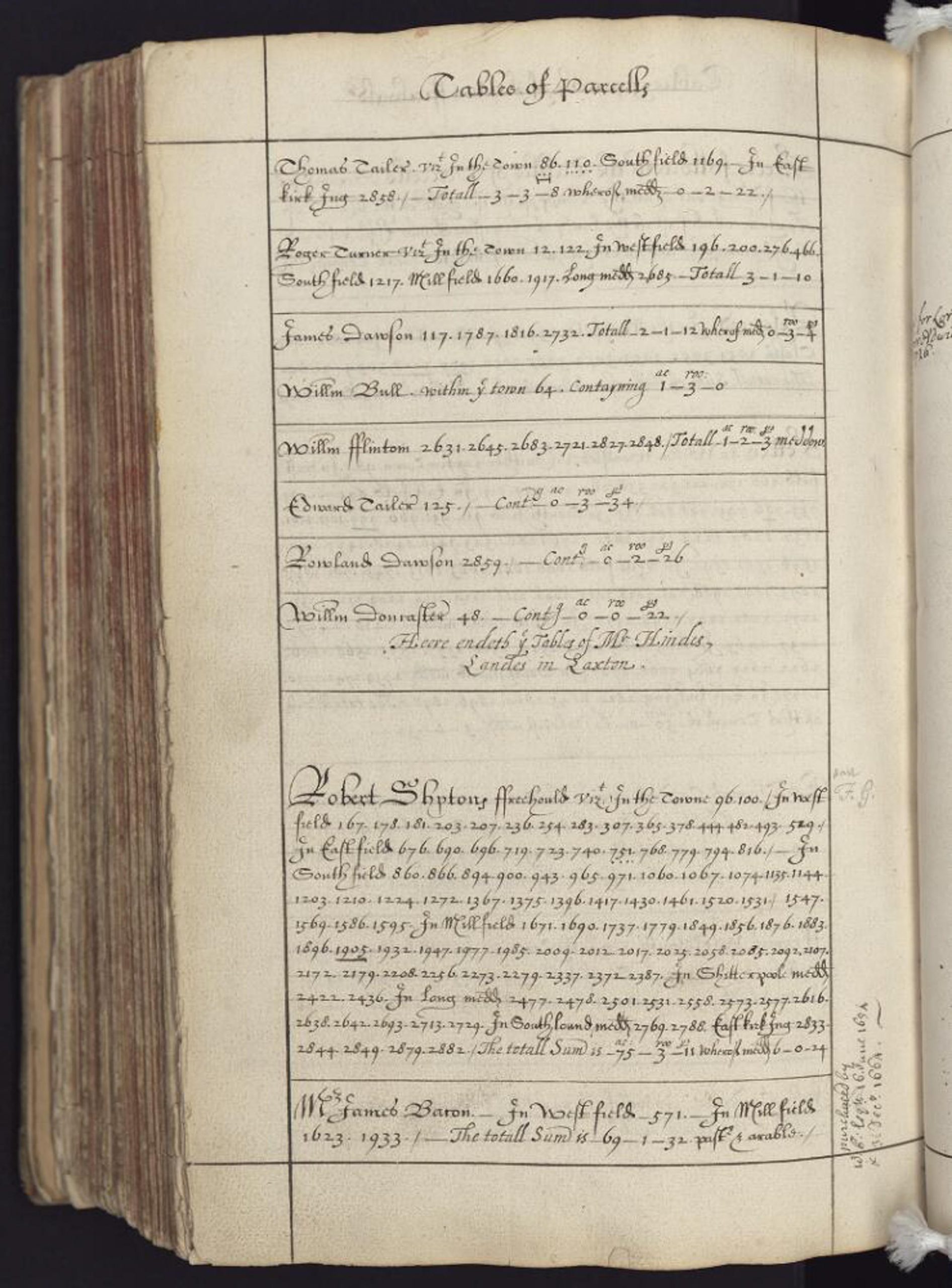
It was unpromising, clay land, one reason subsequent landowners never stirred themselves to enclose it. Better land was shared out equally with the worst. The sides of the valleys, too steep to plough, became ‘sykes’, or useful pasture, and neat blocks of woodland provided an invaluable resource.
Everywhere else in England, open fields were eventually enclosed and divided with hedges. Laxton became first an oddity, then a rarity, before being recognised as precious; it was owned by the Crown Estate until 2020, when it was sold to the Thoresby Estate.
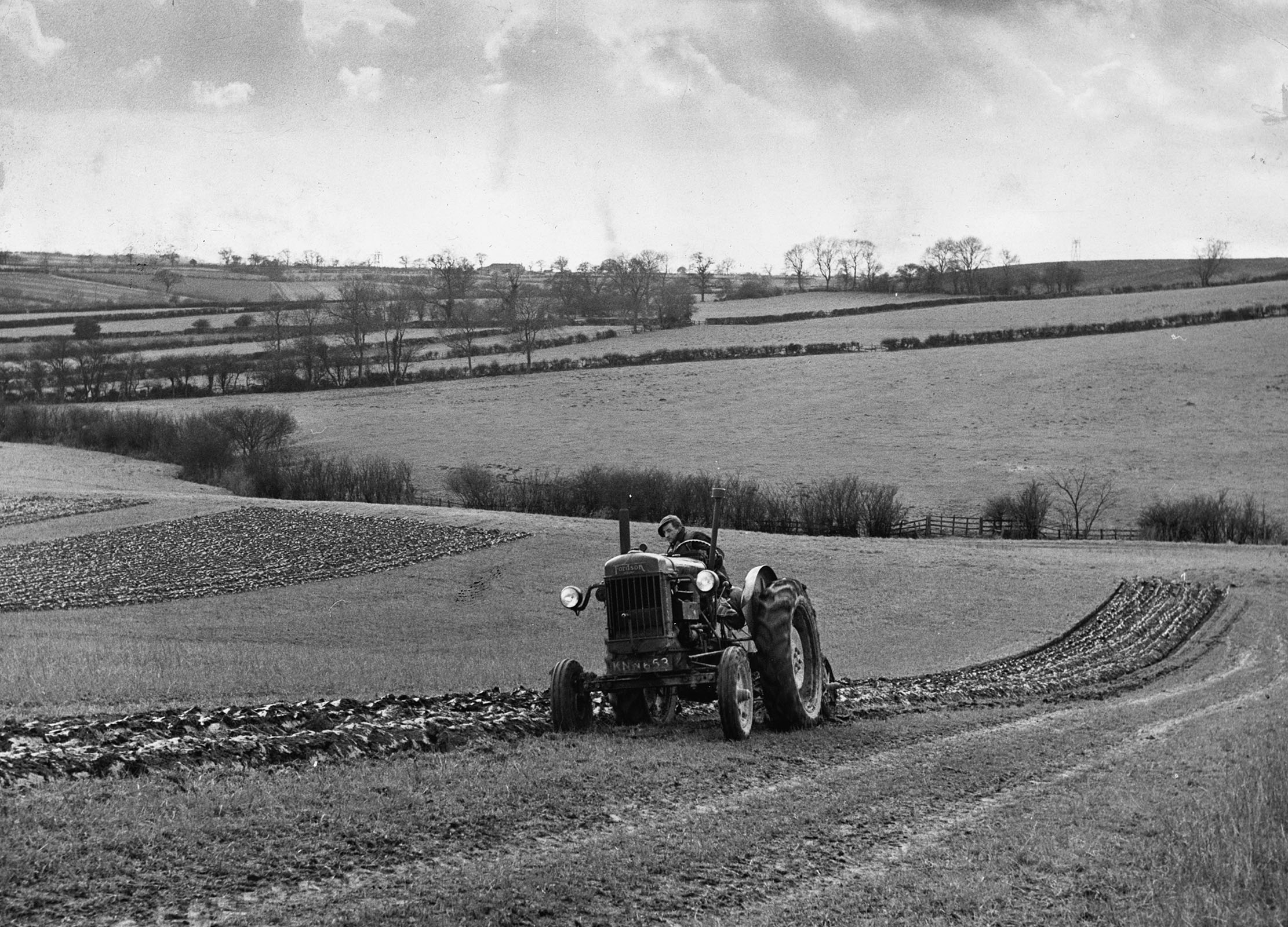
How to visit Laxton
Laxton is in the heart of rural Nottinghamshire, roughly half-way between Newark and Worksop, and just a few minutes off the main A1. There is a visitor centre located in the local pub, The Dovecote Inn; see www.laxtonvisitorcentre.org.uk for more details.
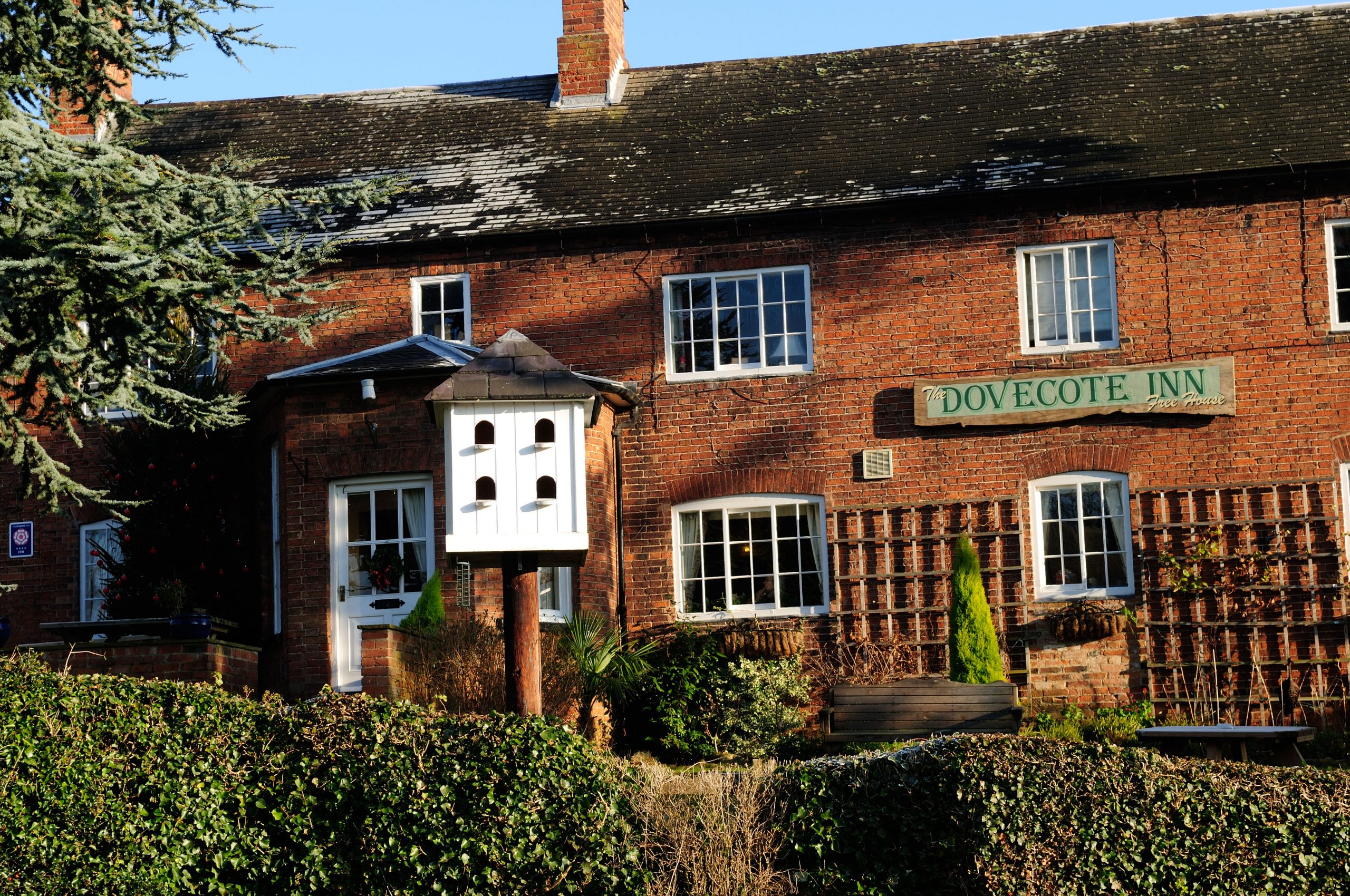

St Michael’s Mount, Cornwall: The monastery that became a castle that became a home
Few spots on the coast of Britain are as romantic and storied as St Michael's Mount in Cornwall.
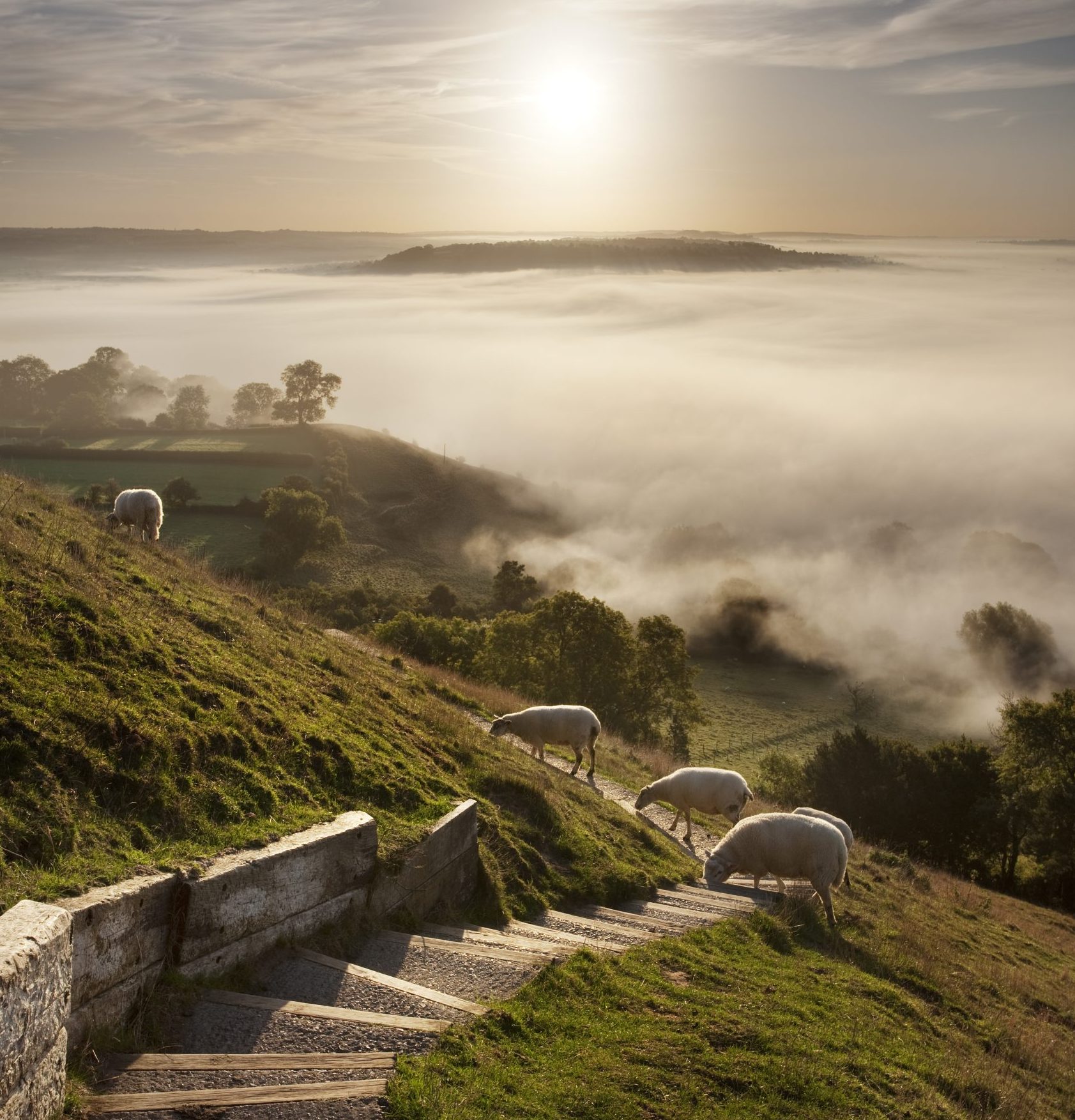
Glastonbury, Somerset: The place where the Holy Grail came to Britain
The ancient town of Glastonbury is synonymous without spirituality, mysticism and legend — and it's an unmissable stop-off on our list
Exquisite houses, the beauty of Nature, and how to get the most from your life, straight to your inbox.
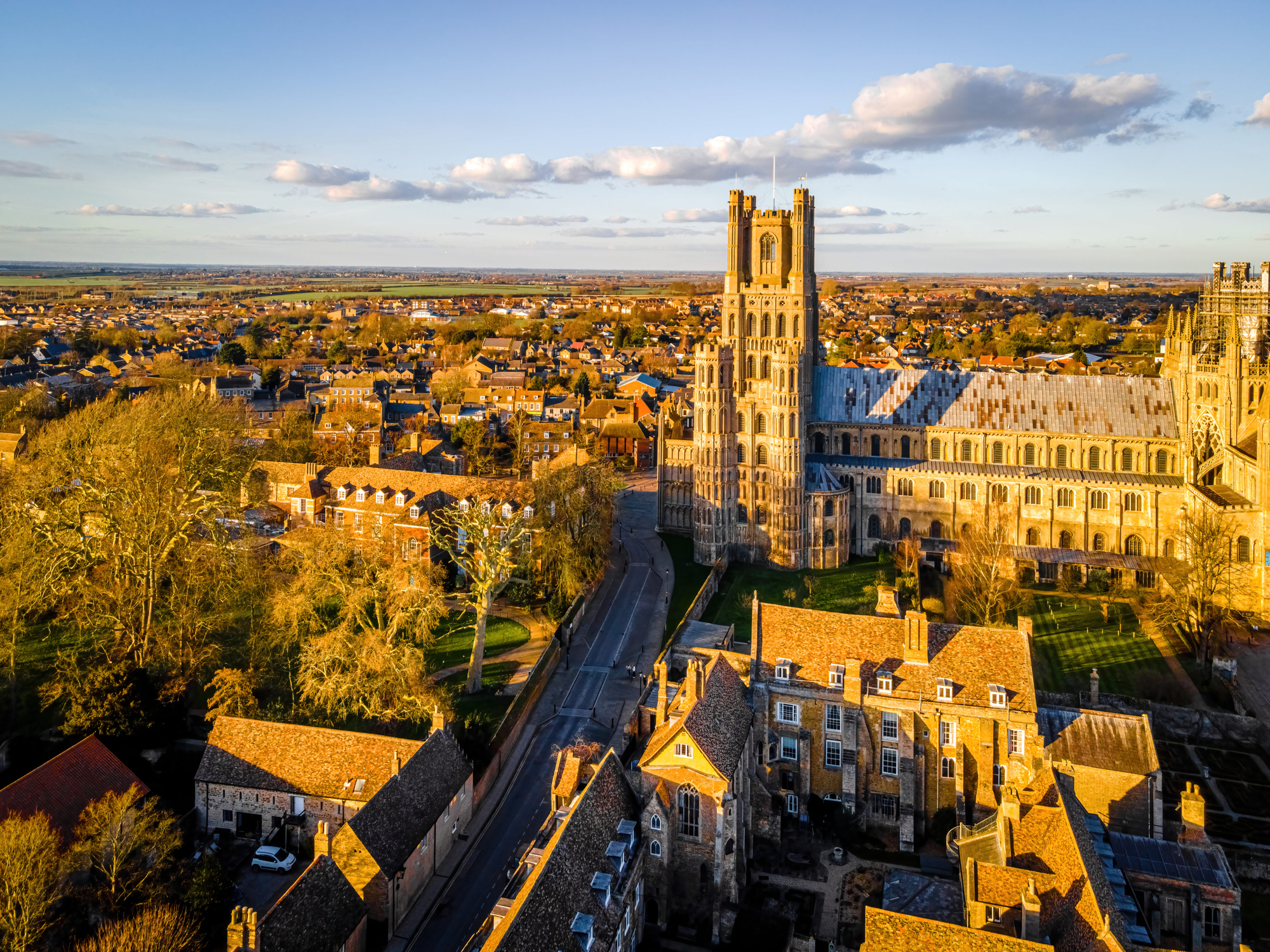
The Island of Ely, Cambridgeshire: Where 85ft above sea level is almost a mountain
Clive Aslet takes a look at Ely, the beautiful and ancient city that can be seen from miles around in
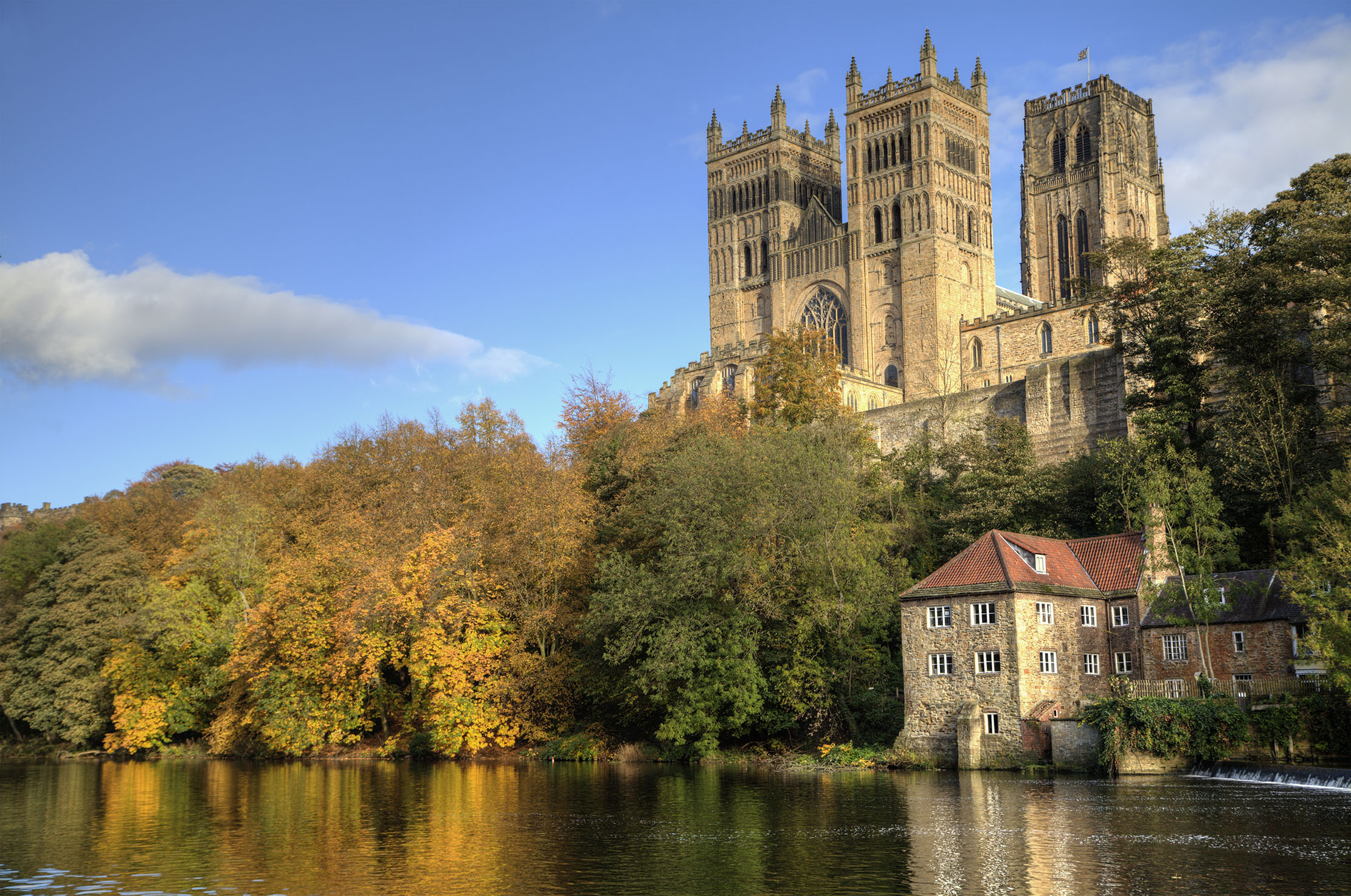
Durham Cathedral and Castle: 'The Normans at their most audacious and expansive'
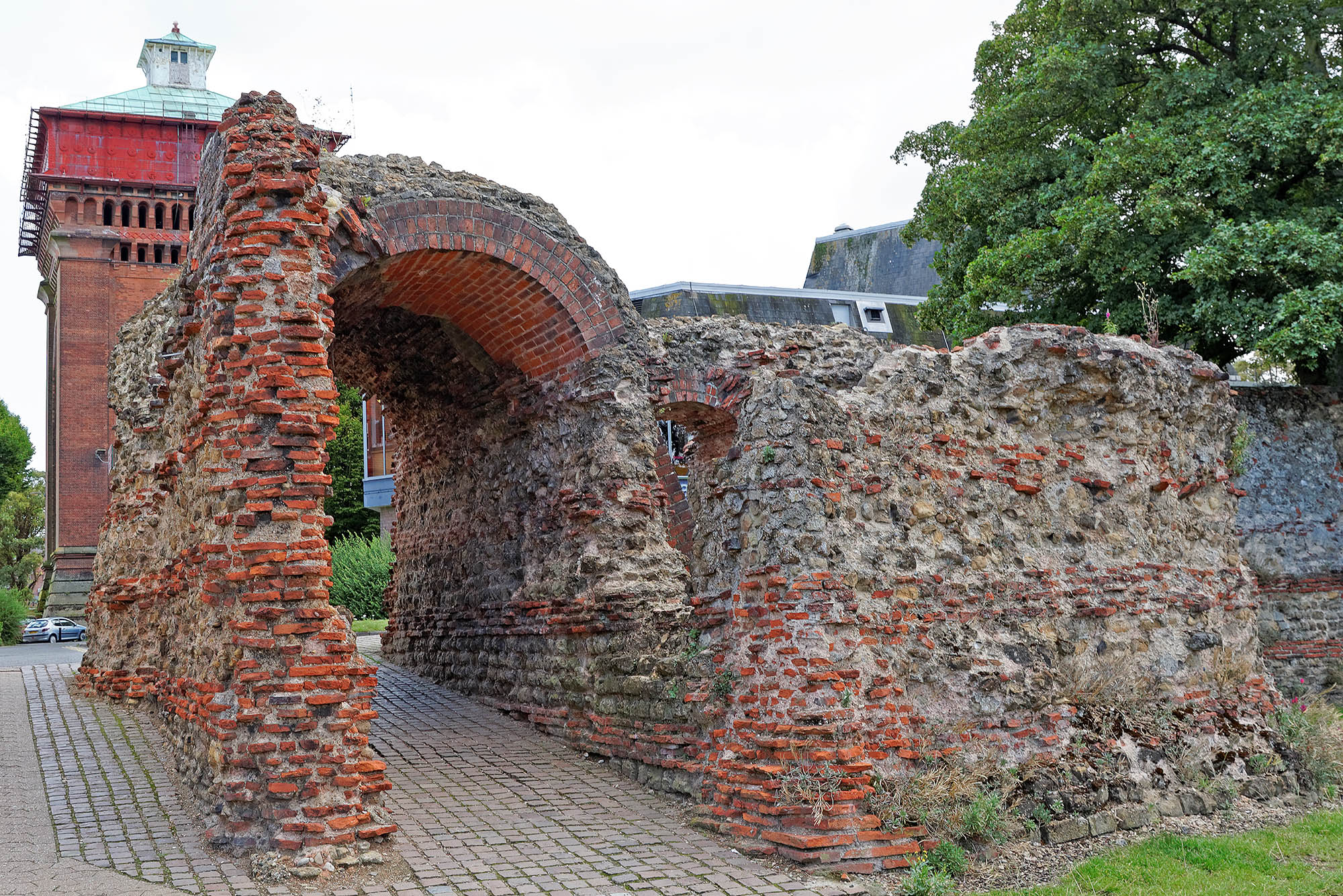
Colchester, Essex: The purpose-built capital city of Roman Britain
Clive Aslet considers the town that was one of Roman Britain's greatest cities — and even, for a while, its capital:
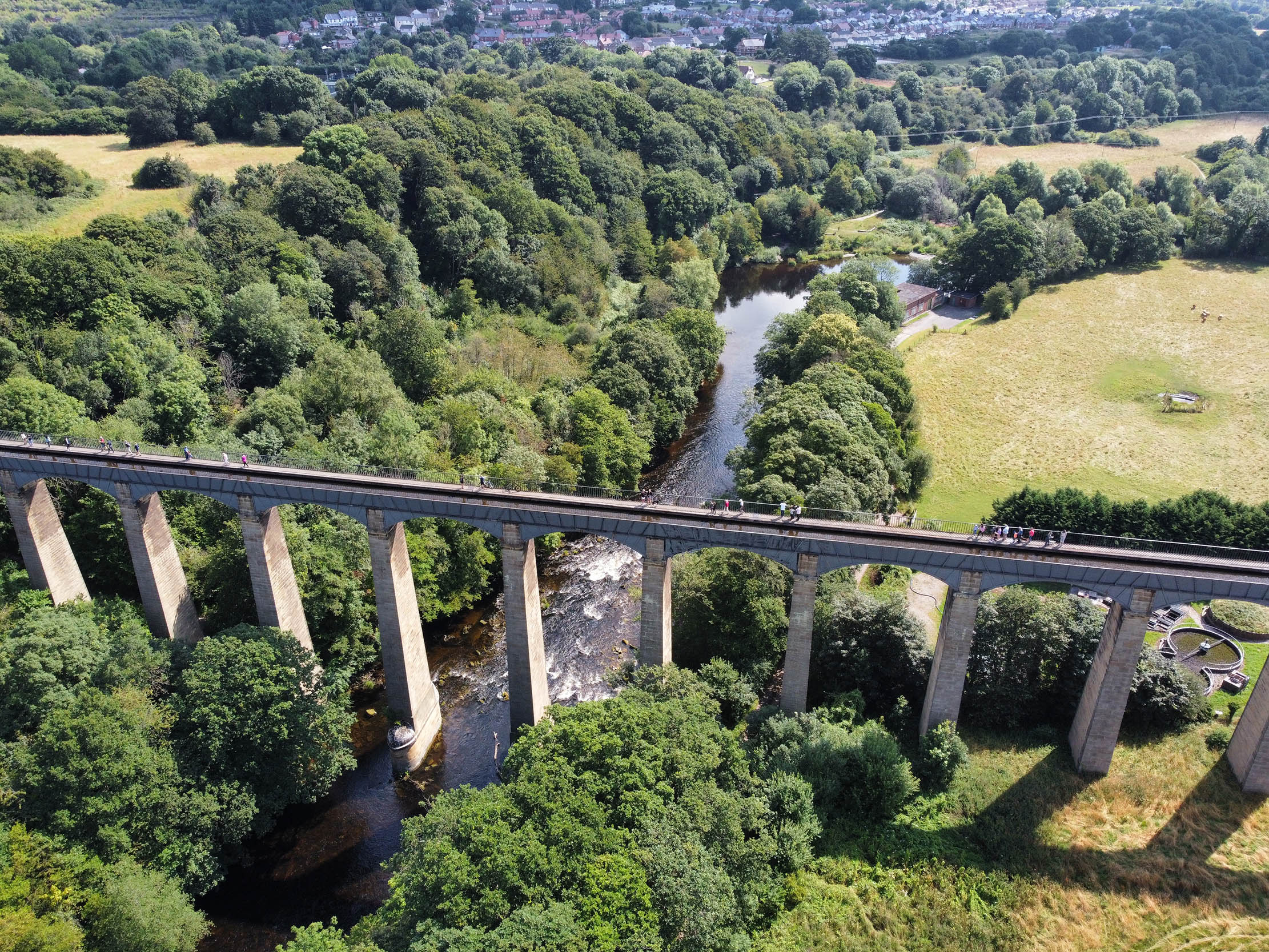
The Pontcysyllte Aqueduct: Thomas Telford's 'ribbon of water in the sky'
The magnificent Pontcysyllte Aqueduct is one of the great testaments to Industrial Revolution ingenuity — and as beautiful as it is
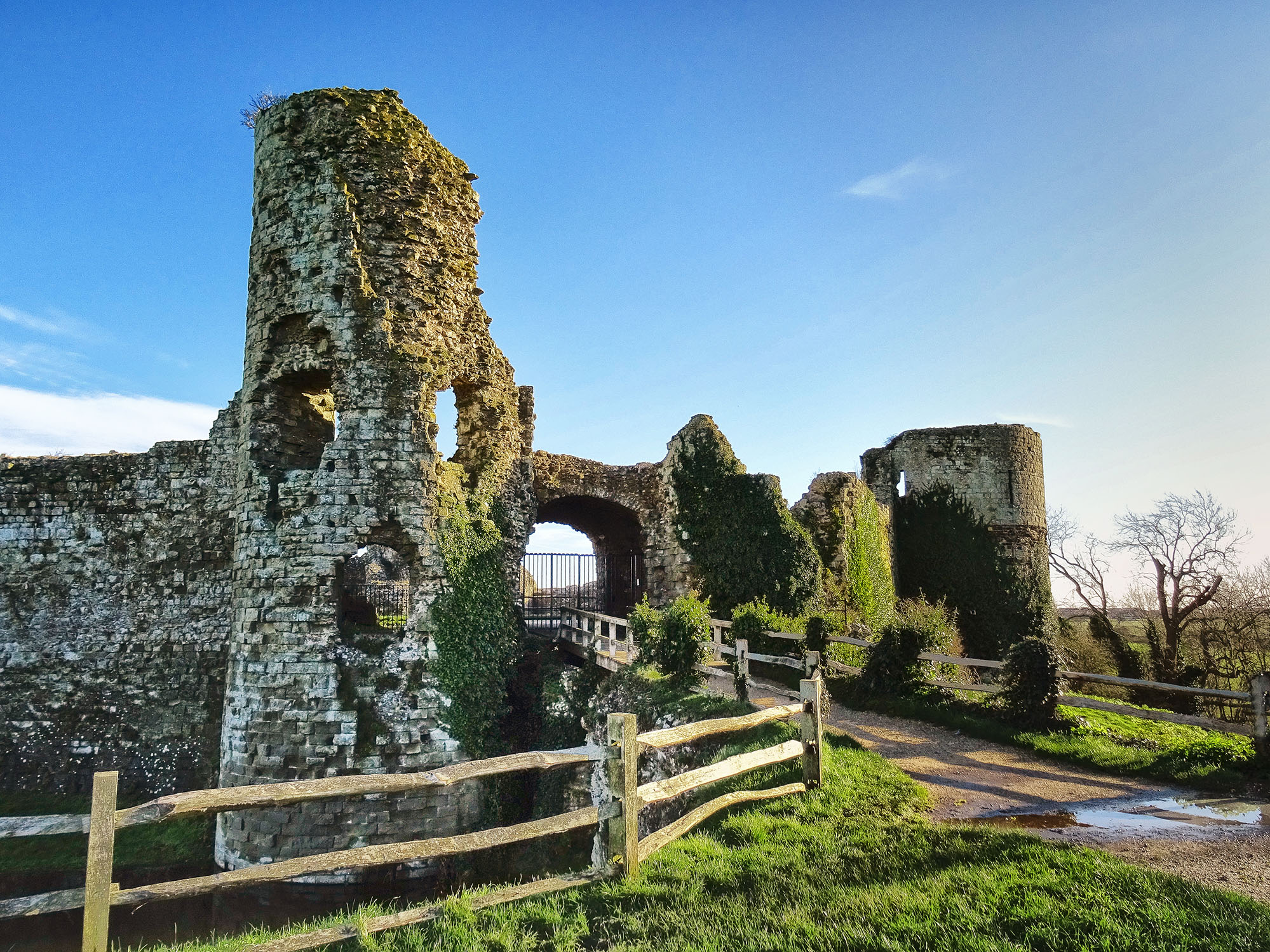
Pevensey Castle, East Sussex: The Roman castle that was still being used in World War II
When William the Conqueror landed at Pevensey, he moved in to the nearby castle — one which had already stood for
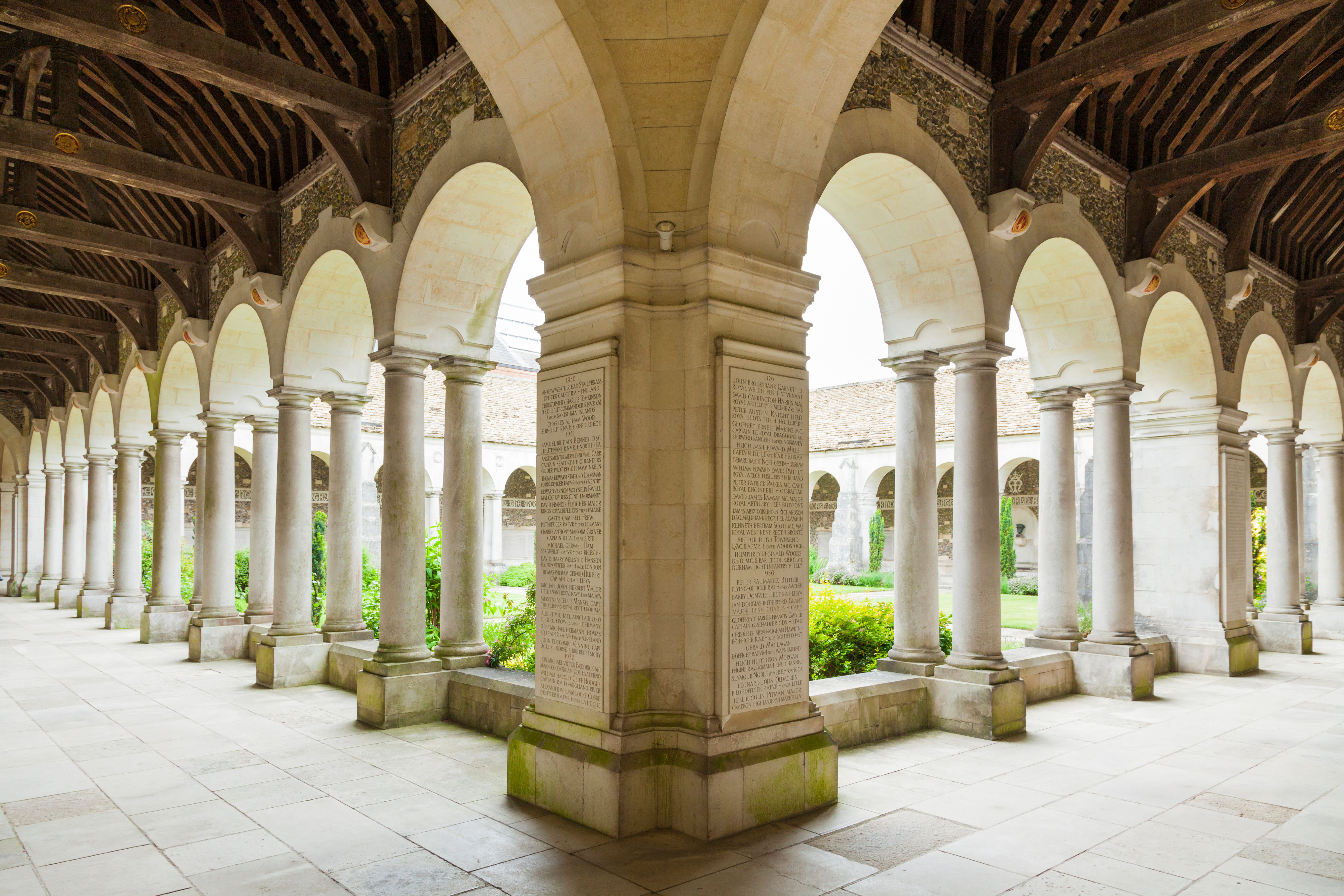
Winchester College: The school that's survived six centuries of turmoil, including the sacking of the city around it
Winchester College is both a school for the lucky few and an architectural marvel, says Clive Aslet.
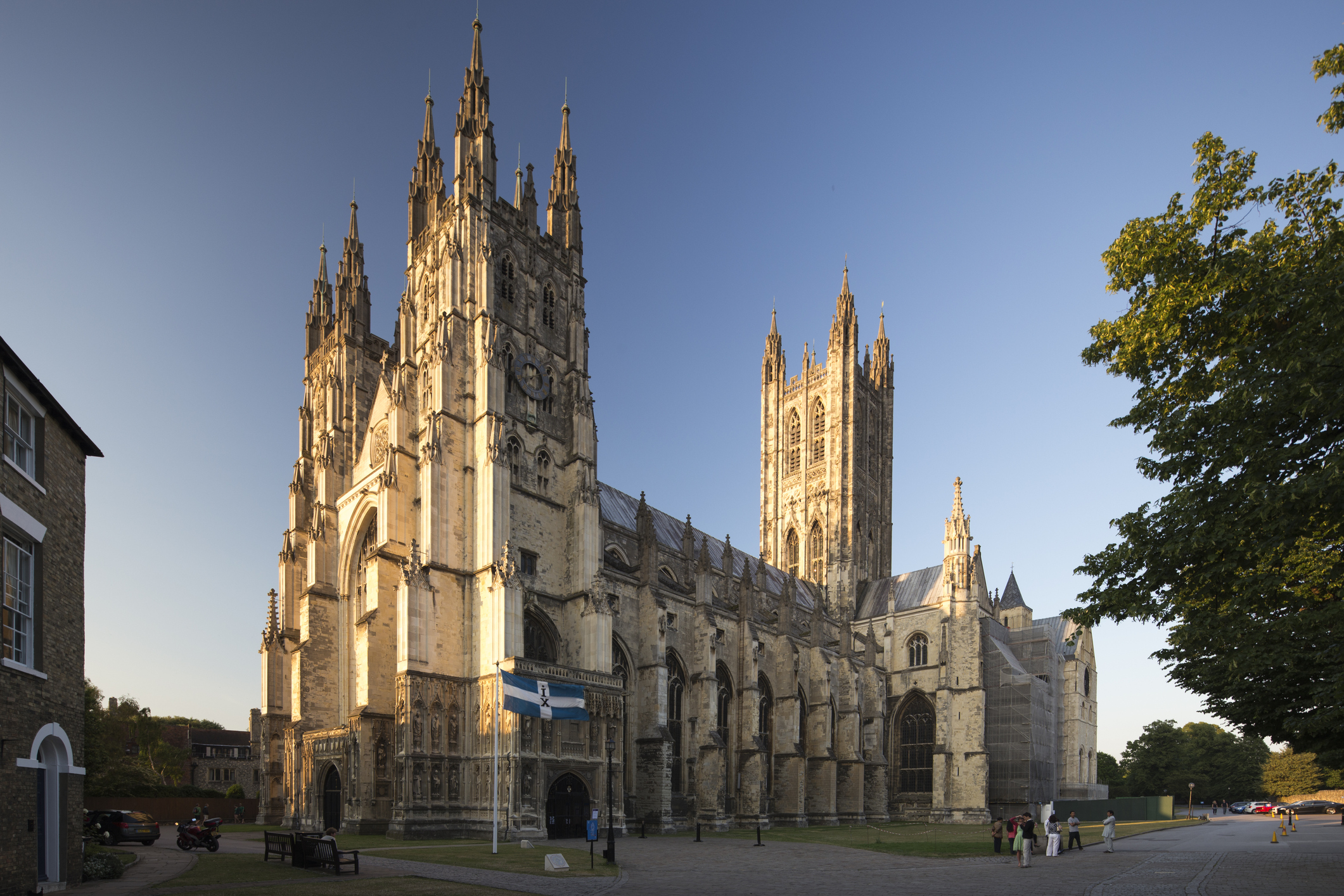
Canterbury Cathedral: Architectural wonder, place of worship, and site of one of history's most infamous murders
Canterbury Cathedral is the seat of the Church of England, the end of the nation's most famous pilgrimage route, and
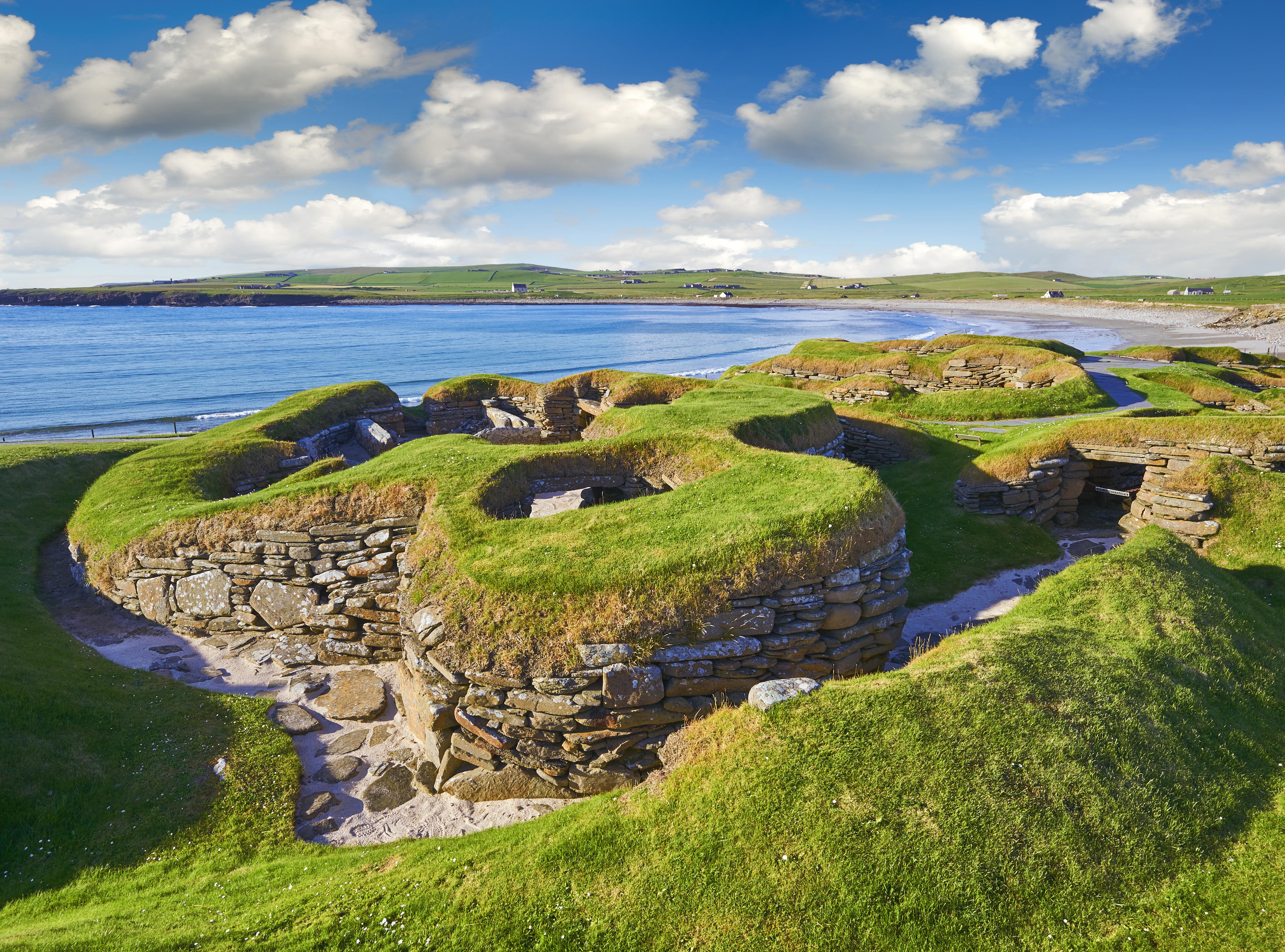
Skara Brae: The prehistoric village on Orkney that's older than Great Pyramid of Giza
The best-preserved Neolithic settlement in Europe isn't in a French cave or an Italian hillside; it's Skara Brae on Orkney,